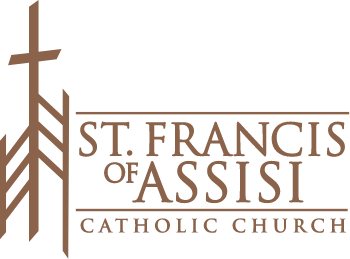Over and over in the Gospels, Jesus warns about the danger of possessions. He never says that possessions are bad in themselves—but there’s clearly a reason He brings it up so often.
I’m reminded of a moment years ago when my dad bought a brand-new John Deere tractor. It was beautiful, and he was thrilled. He even brought our pastor over to see it. “Father, here’s my new tractor,” Dad said proudly. The pastor admired it, then—half-joking—remarked, “You know, you get this beautiful new tractor, and your wife is still cooking in that tiny kitchen for all those kids.”
Within a year, we had a new kitchen.
It’s funny, but it illustrates a truth: Possessions often lead to more possessions. There’s nothing wrong with that—sometimes we really do need a tractor or a kitchen. But Jesus’ point in the Gospels, echoed in St. Paul’s writings, is about where our hearts are set. St. Paul tells us to be “people of God” first, with our sights fixed on heavenly realities, not merely on earthly ones: “Think of what is above, not what is on earth.”
The issue isn’t the thing itself—it’s our attachment to it. What value do we place on it? How much anxiety do we feel about what we have—or don’t have?
In recent Gospel , Jesus tells the story of a farmer whose fields yielded a bountiful harvest. He had more than enough for the rest of his life, yet he still worried about storing it. Then came the twist: God told him,
“You fool! This very night your life will be demanded from you. Then who will get what you have prepared for yourself?”
The farmer had been so busy storing up treasure for this life that he stored nothing for the life to come.
That’s the real danger—placing our security in things rather than in God. St. Benedict put it starkly: “Keep death before you always.” It sounds grim, but it’s actually about life—remembering that this world is temporary and we are created for eternity with Christ.
When I speak with people near death, they never talk about their possessions. Their greatest treasures are people: family, friends, the parish community, and—most importantly—their faith. These are the treasures that last. Love of God and neighbor can be carried into eternity.
This Gospel is not so much a warning as an invitation—an invitation to freedom. Freedom from the anxiety of needing more, doing more, getting more. Jesus offers a peace that doesn’t depend on things, but on knowing that we belong to Him, are loved by Him, and are safe in Him.
So the question for us today is simple: Where is my treasure? Am I building bigger barns—or am I storing up love for God and neighbor?
Fr. James Schibi, Pastor

